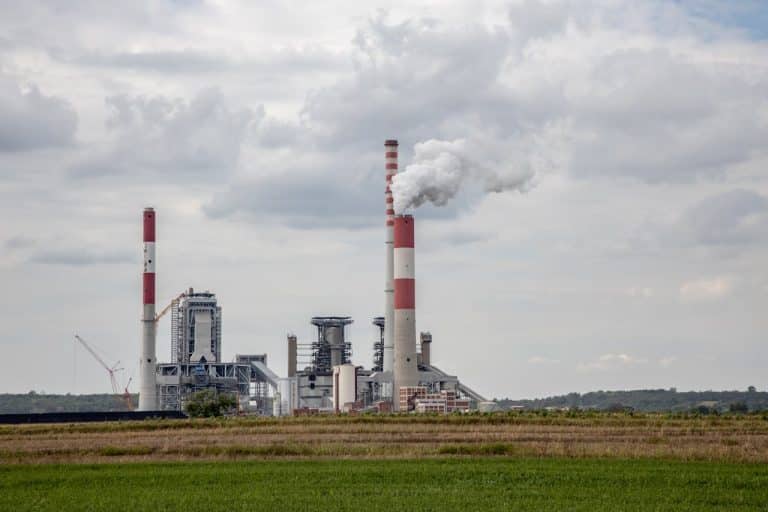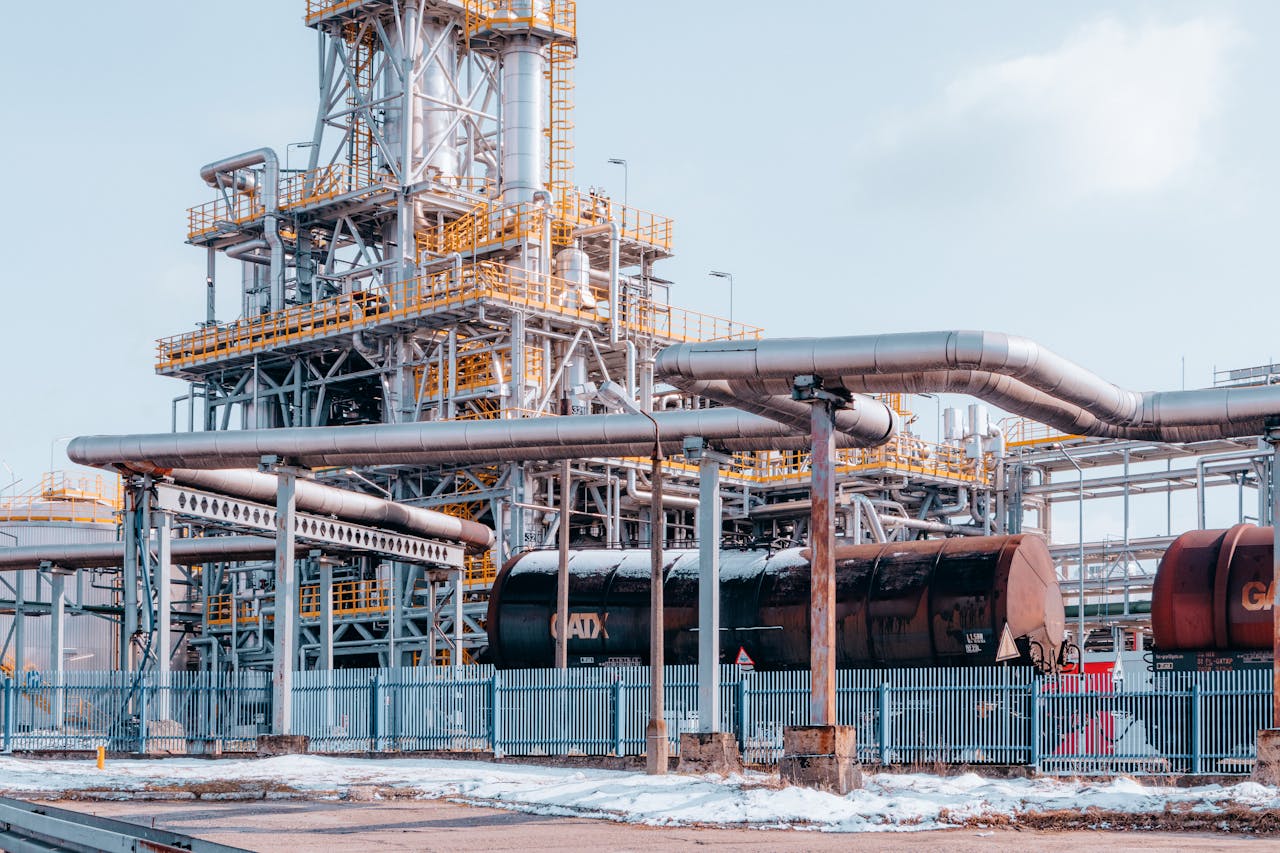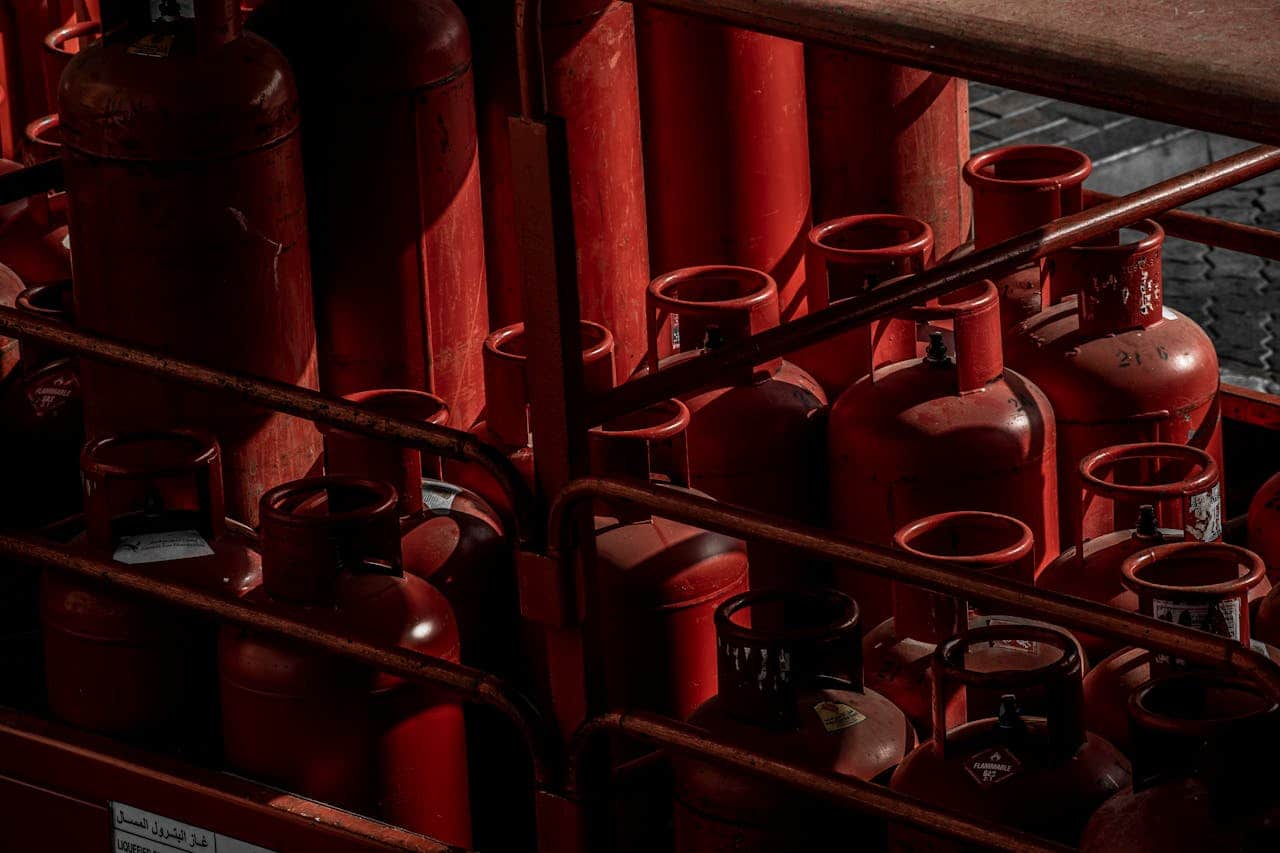Certificate in Oil and Gas Operational Safety

| Date | Format | Duration | Fees (USD) | Register |
|---|---|---|---|---|
| 15 Dec - 02 Jan, 2026 | Live Online | 15 Days | $11515 | Register → |
| Date | Venue | Duration | Fees (USD) | Register |
|---|---|---|---|---|
| 01 Dec - 05 Dec, 2025 | Nairobi | 5 Days | $5775 | Register → |
Did you know that 70% of fatal occupational injuries in the private mining industry in 2011 were attributed to the oil and gas extraction sectors? This alarming statistic underscores the critical importance of operational safety training in today’s energy sector.
Course Overview
The Certificate in Oil and Gas Operational Safety by Alpha Learning Centre is meticulously designed to equip industry professionals with essential skills for understanding and mitigating operational risks. This course focuses on process safety management (PSM), hydrocarbon safety principles, and workplace hazard identification to ensure participants can effectively navigate the complex safety landscape of oil and gas operations.
Why Select This Training Course?
Selecting this Oil and Gas Operational Safety Course offers numerous advantages for professionals involved in HSE, operations management, and risk assessment. Participants will gain advanced knowledge of offshore and onshore safety standards, oil rig safety procedures, and fire and explosion prevention. The course provides hands-on experience with state-of-the-art safety simulation tools and real-time risk assessment technologies, enabling attendees to optimise their safety management strategies effectively.
For organisations, investing in this training enhances overall operational safety and reduces vulnerability to incidents. By ensuring that personnel are well-trained in HSE regulations compliance and emergency response planning, organisations not only protect their assets but also build a robust safety culture. According to BLS data, from 2003 to 2011, the number of fatal occupational injuries in the private oil and gas industries ranged from 68 to 125 annually, with 112 fatal injuries recorded in 2011.
Individuals who complete this course will benefit from enhanced career prospects as they become more valuable assets in their respective fields. The skills acquired through this training can lead to professional growth and increased responsibilities within their organisations. BLS data shows that in 2011, the incidence rate of nonfatal injuries and illnesses in support activities for oil and gas operations was 2.1 cases per 100 full-time workers, highlighting the ongoing need for improved safety measures.
Transform your operational safety capabilities – Register now for this critical advanced training programme.
Who is this Training Course for?
This Certificate in Oil and Gas Operational Safety is suitable for:
- Safety Managers
- HSE Officers
- Compliance Officers
- Operations Managers
- Risk Management Professionals
- Environmental Engineers
- Site Supervisors
- Project Managers
- Safety Consultants
- Emergency Response Coordinators
What are the Training Goals?
The objectives of this training course are to enable professionals to:
- Master advanced safety management techniques
- Develop risk assessment and mitigation skills
- Enhance compliance and regulatory knowledge
- Strengthen emergency response capabilities
- Improve incident investigation methods
- Optimise safety communication strategies
- Advanced safety technology integration
How will this Training Course be Presented?
The Oil and Gas Operational Safety Course employs a comprehensive and innovative approach to ensure maximum knowledge retention and skill development. Expert-led instruction from seasoned safety professionals forms the core of the course, providing up-to-date insights into modern safety techniques and practical applications for today’s energy sector.
The course utilises a blend of theoretical lectures and practical applications, allowing participants to apply their knowledge to realistic scenarios. Advanced educational methodologies create a personalised and engaging learning journey through:
- Interactive workshops with industry-standard safety software
- Immersive safety simulations for real-time risk assessment
- Case study analysis of successful safety implementations
- Field demonstrations of latest safety technologies
- Hands-on experience with advanced PPE and safety equipment
- Technical demonstrations of incident investigation tools
Join us now and elevate your operational safety expertise to new heights!
Course Syllabus
Module 1: Safety Management Systems
- Development of safety policies
- Implementation of safety procedures
- Safety performance metrics
- Continuous improvement processes
- Safety culture enhancement
- Leadership in safety management
- Safety audits and inspections
- Compliance with industry standards
- Integration with operational processes
Module 2: Risk Assessment and Mitigation
- Hazard identification techniques
- Risk analysis methodologies
- Risk control measures
- Quantitative risk assessment
- Qualitative risk assessment
- Risk communication strategies
- Risk management frameworks
- Emergency preparedness planning
- Case studies on risk mitigation
- Real-time risk monitoring
Module 3: Compliance and Regulatory Frameworks
- Overview of global regulations
- Compliance program development
- Regulatory reporting requirements
- Audit and inspection processes
- Legal implications of non-compliance
- Best practices in compliance management
- Industry standards and certifications
- Compliance monitoring tools
- Documentation and record-keeping
- Stakeholder engagement strategies
- Case studies on regulatory compliance
Module 4: Emergency Response Planning
- Development of emergency response plans
- Incident command system implementation
- Crisis communication protocols
- Coordination with emergency services
- Evacuation procedures and drills
- Emergency equipment and resources
- Post-incident recovery strategies
- Lessons learned and continuous improvement
Module 5: Incident Investigation and Analysis
- Root cause analysis techniques
- Incident reporting and documentation
- Investigation methodologies
- Corrective and preventive actions
- Lessons learned integration
- Incident trend analysis
- Performance improvement strategies
- Case studies on incident investigations
- Best practices in incident management
- Continuous improvement processes
Module 6: Safety Technology Integration
- Advanced safety monitoring systems
- IoT applications in safety management
- Real-time data analytics for safety
- Wearable safety technology
- Automation in safety processes
- Cybersecurity considerations
Module 7: Environmental Protection and Sustainability
- Environmental impact assessments
- Waste management strategies
- Emission control technologies
- Water management practices
- Sustainable resource utilisation
- Environmental compliance requirements
- Best practices in environmental protection
- Case studies on sustainability initiatives
- Integration with safety management
Module 8: Human Factors and Behavioural Safety
- Understanding human factors in safety
- Behavioural safety programs
- Safety leadership and culture
- Employee engagement strategies
- Communication and feedback mechanisms
- Training and competency development
- Behavioural safety metrics
Module 9: Safety Communication and Training
- Development of safety communication plans
- Safety training program design
- Effective safety meetings and briefings
- Use of multimedia in safety training
- Safety awareness campaigns
- Feedback and evaluation methods
- Continuous learning and development
Module 10: Advanced Safety Auditing and Inspection
- Safety audit planning and execution
- Inspection techniques and tools
- Audit reporting and documentation
- Corrective action tracking
- Performance benchmarking
- Continuous improvement strategies
- Case studies on successful audits
- Integration with safety management systems
- Best practices in safety auditing
- Future trends in safety inspections
- Technology integration in auditing
Module 11: Crisis Management and Business Continuity
- Crisis management frameworks
- Business continuity planning
- Risk assessment for business continuity
- Crisis communication strategies
- Coordination with stakeholders
- Recovery and restoration processes
- Lessons learned and improvement
- Case studies on crisis management
- Best practices in business continuity
Module 12: Leadership in Safety Management
- Leadership styles and safety culture
- Building high-performing safety teams
- Conflict resolution in safety management
- Decision-making in safety leadership
- Coaching and mentoring for safety
- Emotional intelligence in safety leadership
- Stakeholder engagement and collaboration
- Communication and influence skills
- Continuous improvement in safety leadership
- Case studies on effective safety leadership
Training Impact
The impact of oil and gas operational safety training is evident through various real-world data, which demonstrate the effectiveness of structured programmes in enhancing safety performance and operational efficiency.
BLS data indicates that organisations implementing structured safety training programmes have demonstrated measurable benefits in both incident reduction and operational efficiency. In 2011, the median days away from work due to injuries in support activities for oil and gas operations was 24 days, which was three times higher than the median of 8 days for all industries. This emphasises the severity of injuries in the sector and the potential for improvement through enhanced safety training.
These statistics highlight the tangible benefits of implementing advanced safety techniques:
- Potential for significant reduction in fatal and nonfatal injuries
- Enhanced process safety management in oil fields
- Increased operational efficiency through reduced downtime
- Strengthened regulatory compliance and risk mitigation
By investing in this advanced training, organisations can expect to see:
- Significant improvement in safety performance indicators
- Improved ability to handle complex operational risks
- Enhanced decision-making capabilities in emergency situations
- Increased competitiveness through comprehensive safety strategies
- Transform your career and organisational performance – Enrol now to master Oil and Gas Operational Safety techniques
Transform your career and organisational performance – Enrol now to master Oil and Gas Operational Safety techniques!








